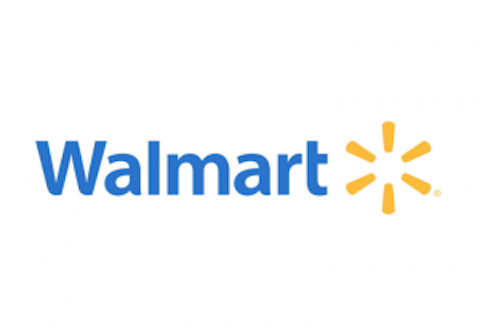
With a rising death toll from these disasters, the companies using these suppliers are being scrutinized for their efforts, or lack thereof, in preventing these tragedies from occurring. Retailers that ignore the human cost involved in producing their products can tarnish their reputations and push consumers towards competitors with a better track record of addressing safety concerns.
Production needs trump safety
In Bangladesh, where 75% of exports come from the garment industry, corruption plays a role in factory owners’ impunity; the government’s weak structure means it doesn’t do enough to enforce its own laws. Western manufacturers and retailers are under scrutiny for indirectly contributing to these disasters through their business practices, which pressure suppliers to produce merchandise quickly at the lowest possible cost. In countries where productivity tends to be low, production needs lead many factory owners to ignore safety standards.
Companies’ response to factory conditions
The frequency of disasters has led some companies to implement changes. Wal-Mart Stores, Inc. (NYSE:WMT), for example, donated $1.6 million last year to the Institute of Sustainable Communities, a non-governmental organization in Bangladesh to assist with the implementation of a health and safety academy. The company adopted a zero-tolerance policy with contractors that use non-approved factories to make products sold at Wal-Mart Stores, Inc. (NYSE:WMT).
According to the New York Times, Wal-Mart Stores, Inc. (NYSE:WMT) is planning on conducting detailed safety inspections in all of its 279 factories located in Bangladesh and will stop production when urgent safety issues are uncovered. Results of the inspections will be available on the company’s website. Wal-Mart Stores, Inc. (NYSE:WMT) would also notify factory owners and government officials of necessary improvements. The company did not disclose an amount of the cost of these efforts but does plan on including the figure as a part of cost of goods purchased.
The Gap Inc. (NYSE:GPS)
is also engaged in improving conditions by creating a fire safety action plan, which provides assistance to factory owners with necessary plant upgrades. According to the New York Times, the company has spent $22 million on improvements to fire safety and hired a well-known expert to conduct inspections of its Bangladesh suppliers. The company is being criticized for not participating in a Bangladesh safety accord created to improve working conditions due to the plan’s method of resolving disputes through the courts. The Gap Inc. (NYSE:GPS) pokesperson Bill Chandler defended the company’s record on corporate responsibility and stated it took action while “…others are passively sitting on the sidelines.”
PVH Corp (NYSE:PVH), which owns Calvin Klein and Tommy Hilfiger brands, has agreed to participate in the Accord on Fire and Building Safety in Bangladesh. The safety plan requires garment industry players to engage in mandatory independent inspections and underwriting of plant upgrades. In the original March 21, 2013 press release announcing the company’s involvement, PVH Corp (NYSE:PVH) pledged up to $1 million to support the program. According to the New York Times, the company has increased its commitment to $2.5 million to underwrite factory safety improvements under a revised plan that would last five years.
British Vogue reports that retailer Primark, a subsidiary of Associated British Foods plc (LON:ABF), has promised compensation to the victims employed by its supplier, which was housed in the Bangladesh building that collapsed on April 24. The company has partnered with a local NGO to provide for the immediate needs of those affected by the tragedy. Parent company ABF claims on its website that it has conducted over 1,700 audits of 235 of its top suppliers, which account for over 87% of total business. On Monday, Primark followed H&M‘s footsteps and signed on to participate in the Bangladesh safety accord.
Several groups that are following this issue find the safety accord a preferable way of creating safety standards that are legally binding and require retailers and manufacturers to not place orders from factories that don’t comply with safety requirements.
Conclusion
For garment manufacturers, monitoring the supply chain can be daunting because of the many intermediaries involved in the production of clothing. But industry experts say this is critical if safety measures are to be put in place and strictly enforced. Labor groups question the individual effort of companies because initiatives are not enforceable and transparency of results is not guaranteed. The Bangladesh safety accord is considered the better alternative because its legally enforceable and has independent broad measures that can be applied to the industry as a whole.
With online petitions, media reports and store protests bringing light to this issue, consumers will vote with their wallets on whether they consider worker safety important. Investors should take note if sales for these retailers drop and their stock prices are affected by these tragedies. When companies see the marketplace responding, they’ll need to give worker safety the attention it deserves.
The article The High Price of Cheap Clothing originally appeared on Fool.com.
Copyright © 1995 – 2013 The Motley Fool, LLC. All rights reserved. The Motley Fool has a disclosure policy.